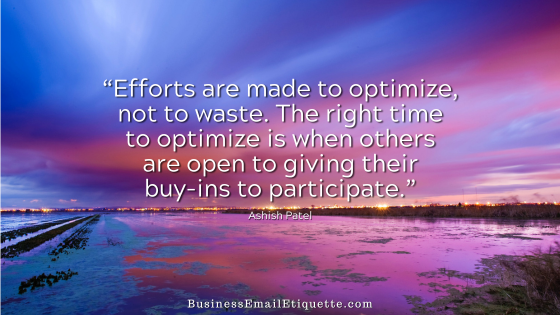Professionalism in Non-Business Email Communications?

When using your business email address, it is essential to consider what is appropriate, from your choice of words to the level of formality and the overall intent and tone conveyed.
Of course, when emailing for business, you take great care to provide the most professional impression possible, right? But what about emails not necessarily business-related that you use your business email address? Just because it is not “business,” does that mean all the basics go out the window? Certainly not!
Email Addresses are Branding Tools
An example would be using your business email address to communicate with your children’s teachers and school personnel. These may not be “business” emails; however, how you correspond with educators will indicate what is important to you as a parent. And a business owner or the type of person your employer employs.
How about when contacting a service provider or company for home repair work or services? Just as with your child’s teachers, they, too, will form an impression based on how you communicate with them. Do you email or text in curt or incomplete sentences? Does your tone reflect you feel your time is more important than theirs? Do you come off as one-sided or demanding?
How you approach these day-to-day email communications may very well impact the type and speed of your responses. By keeping the networking mindset in play, you never know who may be a new potential customer!
Wouldn’t it be a shame if a service provider you hire notes your dot com email address and visits your site to see that you offer a product or service they could use, but your use of technology turns them off? Then there are those situations where using your employer’s email address can have a negative impact, mainly if abusive language is used and reported back to headquarters.
Business Email Address for Personal Emails?
Using your business email address for personal emails requires caution for several reasons:
While using your business email address for personal communications may be convenient, you must carefully consider the potential risks and implications. Striking a balance between convenience and professionalism is critical to maintaining a positive professional image and protecting sensitive business information.
Every Email Can Make an Impression
I understand we are all busy and that email and the texting environment are not conducive to much more than short blasts. However, I also appreciate that there is a vast difference between business and personal communications.
Always communicate in full, grammatically correct sentences when using your business email address. Be courteous and understanding if things go wrong. Stuff happens, and responding in anger is never wise. It is your personal brand we’re talking about!
Showing courtesy and respect in your emails and texts when communicating with other professionals on issues not directly related to your business will speak volumes about what it may be like to do business with you. And may even land (or lose) you more business in the process!






